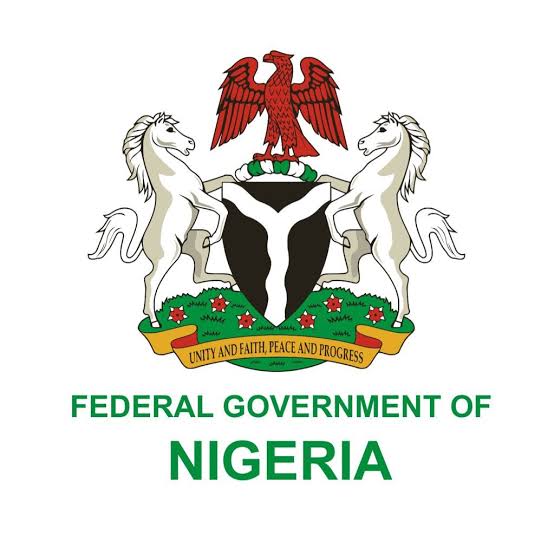Nigeria’s Minister for Humanitarian Affairs and Poverty Alleviation, Dr Betta Edu, says Federal Government of Nigeria is pleased with the contributions and impact of Sightsavers in Nigeria and their services in the last seven decades.
Rasheed Olanrewaju Zubair (ANIPR), Special Adviser on Media and Publicity to Honourable Minister, FMHAPA, on Tuesday in a press release said the minister made the commendation when she attended the 70th anniversary of the international organisation held at the Transcorp Hotels Abuja.
Dr Edu who was a special guest of honour at the event, said over seventy years of Sightsavers in Nigeria had provided significant impact in eyecare and surgeries as well as other interventions to prevent blindness and boost literacy rates, across the country, thereby reducing poverty and humanitarian crises, especially among the people with disabilities (PWDs).
“You have also supported girls and children with disabilities. This inclusive approach will ensure more persons with disabilities contributes effectively to nation-building.
“Sightsavers Nigeria as you commemorates your seven decades of collaborative work to protect sight and campaign for disability rights, I bring you greetings from Mr President, His Excellency Bola Ahmed Tinubu, who is very pleased with what you are doing.
“Since 1953, you have been collaborating with national and state governments as well as other partners.
“It is on record that you have delivered over 60,000 cataract surgeries, and 590 million treatments to eliminate five neglected tropical diseases (NTDs).
“These diseases, which affect millions of people in the country, can cause excruciating pain, permanent blindness, and long-term disability, and can sometimes be fatal” she added.
The minister called for more support in the humanitarian space which she said would save more sight of affected communities, the Internally Displaced Persons (IDPs) and prevent more people from falling below the poverty line.
On his part, the Executive Secretary, National Commission for Persons with Disability, Hon James Lalu, said the positive impact of sightsavers to Nigeria disabled community could not be over-emphasised.
Lalu said Sightsavers had treated millions of persons with disabilities from chronic ailments and diseases, which could have caused permanent blindness and permanent long-term disability.
He called for more interventions and partnership between Sightsavers and the commission, urging other international partners to emulate their efforts to reduce humanitarian crises and poverty challenge in Nigeria.
The Chief Executive Officer (CEO) of Sightsavers, Caroline Harper said: “As we look back on the past seven decades of Sightsavers working in Nigeria, what is clear is that collaboration and partnership have been intrinsic to our success.
“I am optimistic about the future of eye health, inclusion, and the elimination of neglected tropical diseases in the country. We’re committed to reaching the most marginalized communities, the disabled community in Nigeria, and I look forward to many more years of collaboration and life-changing work.”
Sightsavers Regional Director for West Africa, Fatoumata Diouf, said the organisation had helped to advance eye health services in Nigeria, promote inclusive education for children with disabilities, and advocate for the rights of people with disabilities to be able to participate fully in society.
“In the past seven decades, the organization has trained 11,000 teachers and community health workers to provide vision screenings for children and also screened 130 million children for visual impairment in north-west Nigeria.
“In 2023 alone, we equipped 1,000 service providers to support people with disabilities”, she said.
Other Speakers at the event included the
Director of Public Health, Federal Ministry of Health and Social Welfare, Dr Chukwuma Anyaike, and the World Health Organization Country Representative, Dr Walter Mulombo, who commended Sightsavers for their impact in Nigeria for seven decades.
Sightsavers has been at the fore-front of advocating for disability rights to among other things create awareness on their access to education, employment, healthcare and full participation in society without stigma or discrimination.
